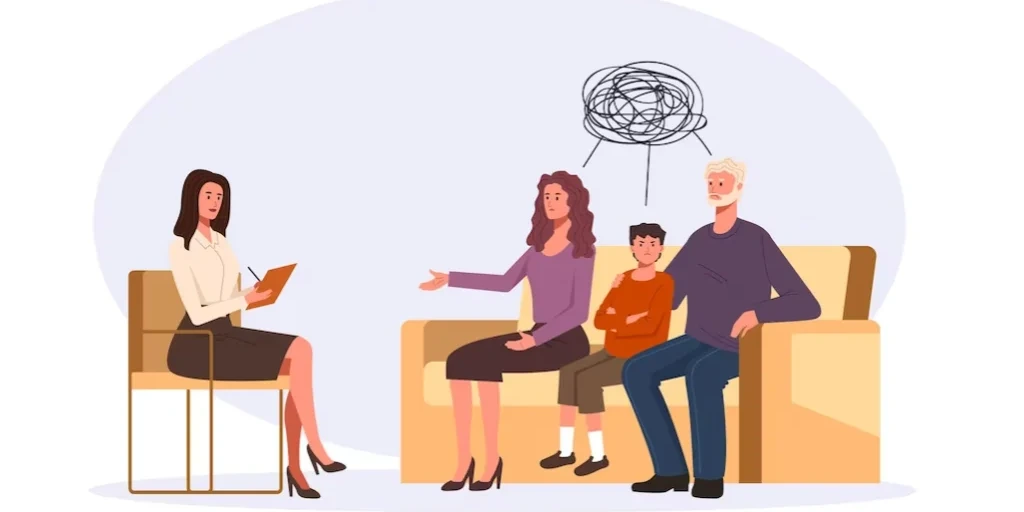24/7 Helpline:
(866) 899-221924/7 Helpline:
(866) 899-2219
Learn more about Prescription drug Rehab centers in Hood River County

Other Insurance Options

BlueCross

MVP Healthcare

Health Partners

BlueShield

Magellan Health

Private insurance

WellCare Health Plans

Optima

EmblemHealth

Lucent
Beacon

CareSource

Molina Healthcare

CareFirst

Ceridian

Group Health Incorporated

WellPoint

Cigna

Amerigroup

Sliding scale payment assistance

Providence Hood River Memorial Hospital Behavioral Health
Providence Hood River Memorial Hospital Behavioral Health is a private rehab located in Hood River, ...

Mid Columbia Center for Living
Mid Columbia Center for Living is a public rehab located in Hood River, Oregon. Mid Columbia Center ...








































